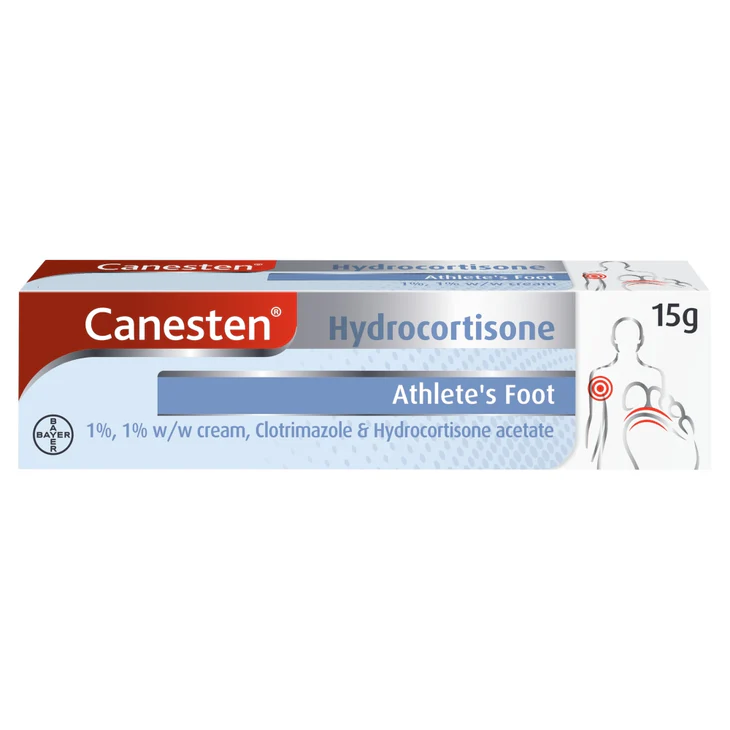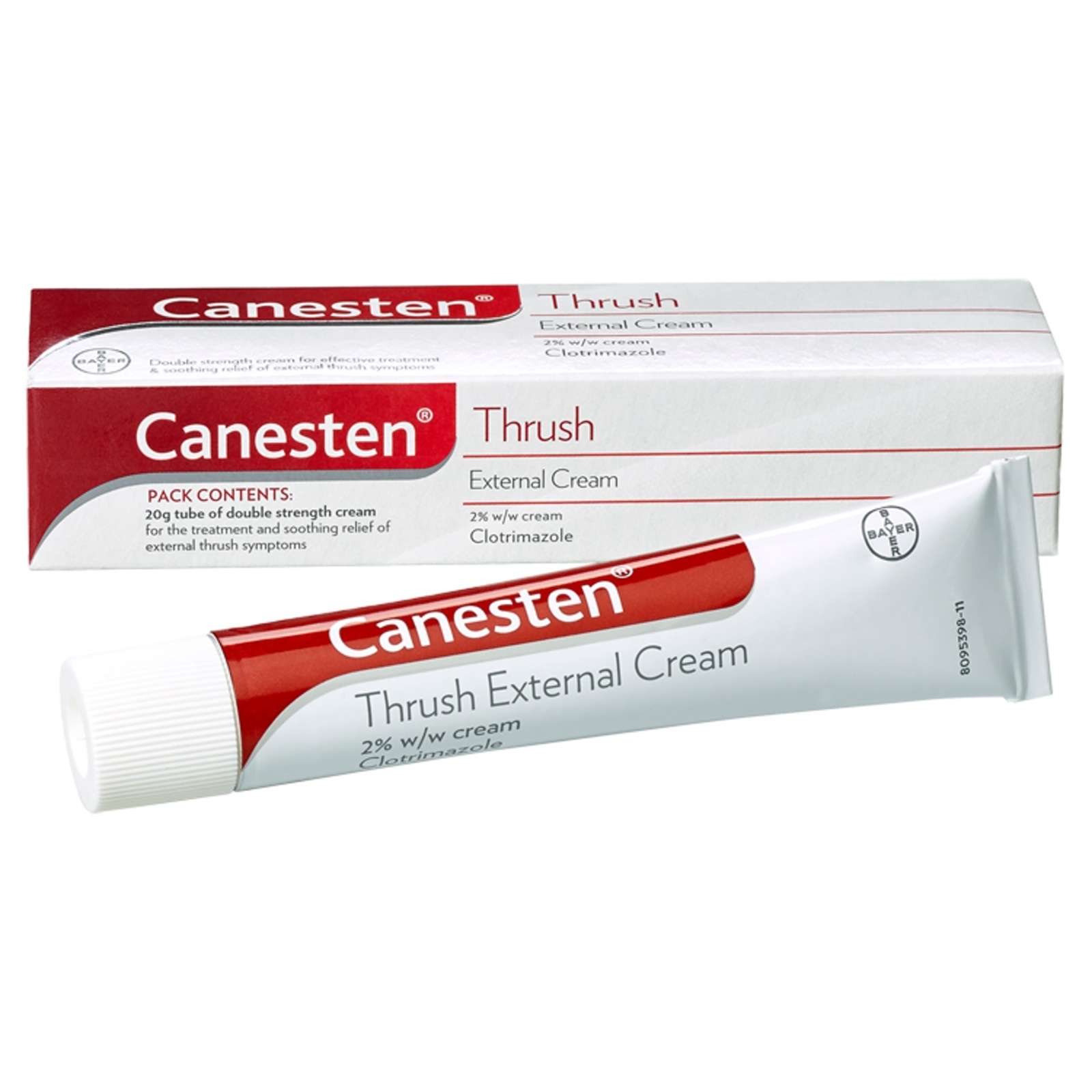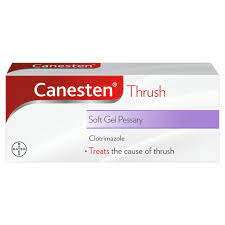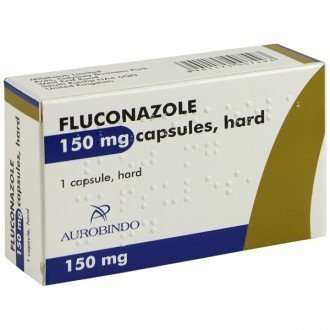What is Vaginal Thrush?
Vaginal thrush, also known as a vaginal yeast infection or Candida vaginitis, is an infection caused by an overgrowth of the Candida fungus, most commonly Candida albicans. This condition affects the vaginal area, leading to discomfort and symptoms such as itching, burning, and a thick, white discharge that may resemble cottage cheese. Vaginal thrush can also cause redness and swelling of the vulva and may result in pain during intercourse or urination.
What is Vaginal Thrush?
Vaginal thrush, also known as a vaginal yeast infection or Candida vaginitis, is primarily caused by an overgrowth of the Candida fungus, which is naturally present in small amounts on the skin and within the vaginal area. Under normal circumstances, Candida coexists harmlessly with other microorganisms. However, certain conditions can disrupt this balance, leading to an overgrowth of Candida and resulting in thrush.
Several factors can contribute to the overgrowth of Candida and the development of vaginal thrush:
Hormonal Fluctuations
Hormonal changes, such as those occurring during pregnancy, menstruation, or with the use of hormonal contraceptives, can create an environment that promotes Candida growth. Increased oestrogen levels, in particular, can contribute to yeast proliferation.
Antibiotic Use
Antibiotics are designed to kill bacteria but can also disrupt the natural balance of microorganisms in the vaginal area. By reducing the number of beneficial bacteria that normally help to keep Candida in check, antibiotics can allow the yeast to overgrow.
Compromised Immune System
A weakened immune system, whether due to underlying health conditions like diabetes or HIV, or as a result of immunosuppressive treatments, can impair the body’s ability to control Candida growth. This can lead to recurrent or severe episodes of thrush.
Diabetes
Uncontrolled diabetes can lead to high sugar levels in vaginal secretions, creating a more favourable environment for Candida. Frequent yeast infections can be a sign of poorly managed diabetes.
Lifestyle Factors
Certain lifestyle factors can increase the risk of developing vaginal thrush. Wearing tight, non-breathable clothing or synthetic underwear can trap moisture and heat, promoting yeast growth. High sugar diets and excessive use of douches or scented hygiene products can also disrupt the natural vaginal flora.
Stress
Chronic stress can affect the immune system, making it less effective at controlling Candida levels. High stress levels may therefore contribute to the development or exacerbation of vaginal thrush.
How Do You Treat Vaginal Thrush?
Effective management of vaginal thrush typically involves a combination of antifungal medications and good hygiene practices. Addressing both the underlying infection and maintaining proper vaginal health can help alleviate symptoms and prevent recurrence.
Anti-fungal Medications
Anti-fungal treatments are the primary approach for managing vaginal thrush. These medications target and eliminate the overgrown Candida fungus, providing relief from symptoms. Treatment options include:
- • Anti-fungal Pessaries: These are inserted into the vagina and work directly at the site of infection. They are often used for a few days and can be very effective in clearing up the infection. Examples include the Canesten Pessary.
- • Anti-fungal Pills: Oral antifungal medications, such as fluconazole, are taken by mouth and are suitable for more severe or recurrent cases of thrush. They work systemically to eradicate the Candida overgrowth. Examples include Canesten oral capsules.
- • Anti-fungal Creams and Ointments: These topical treatments are applied externally to the vaginal area to reduce discomfort and itching. They are typically used in conjunction with other treatments for comprehensive relief. Examples include Canesten thrush cream.
Good Hygiene Practices
Maintaining proper hygiene is crucial in preventing and managing vaginal thrush. Key practices include:
- • Keep the Area Dry: Candida thrives in warm, moist environments. To reduce the risk of infection, keep the vaginal area dry by wearing breathable, cotton underwear and avoiding tight-fitting clothing.
- • Use Mild, Unscented Products: Opt for mild, fragrance-free soaps and cleansers to avoid irritation. Avoid douching or using scented sanitary products, as these can disrupt the natural vaginal flora.
- • Avoid Irritants: Stay away from harsh chemicals, including those found in some detergents and fabric softeners, which can irritate sensitive skin and exacerbate symptoms.
- • Maintain Good Personal Hygiene: Clean the vaginal area gently with water and a mild, non-irritating soap. Ensure you dry the area thoroughly after washing.
- • Manage Risk Factors: Address any underlying health conditions, such as diabetes, and follow a balanced diet to support overall health and immune function.







